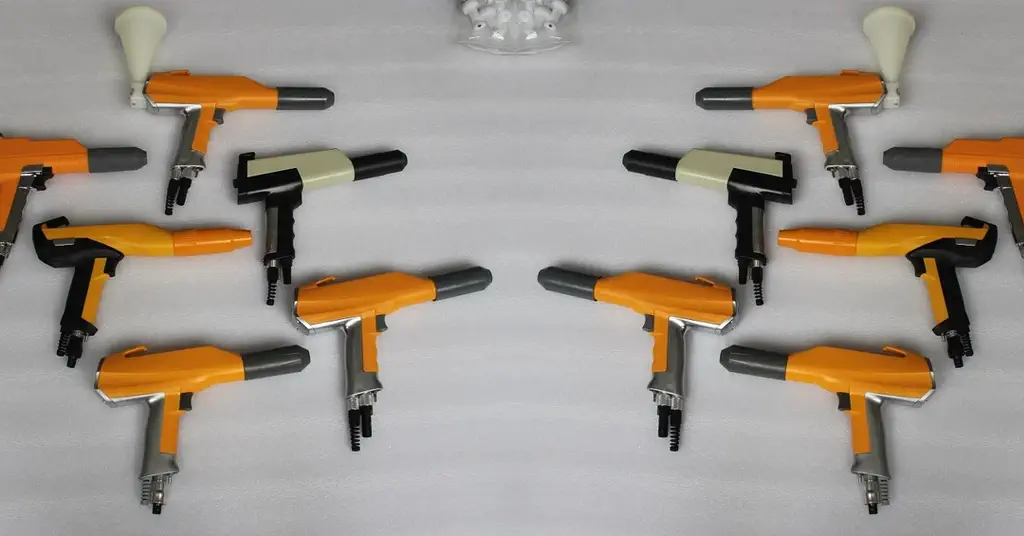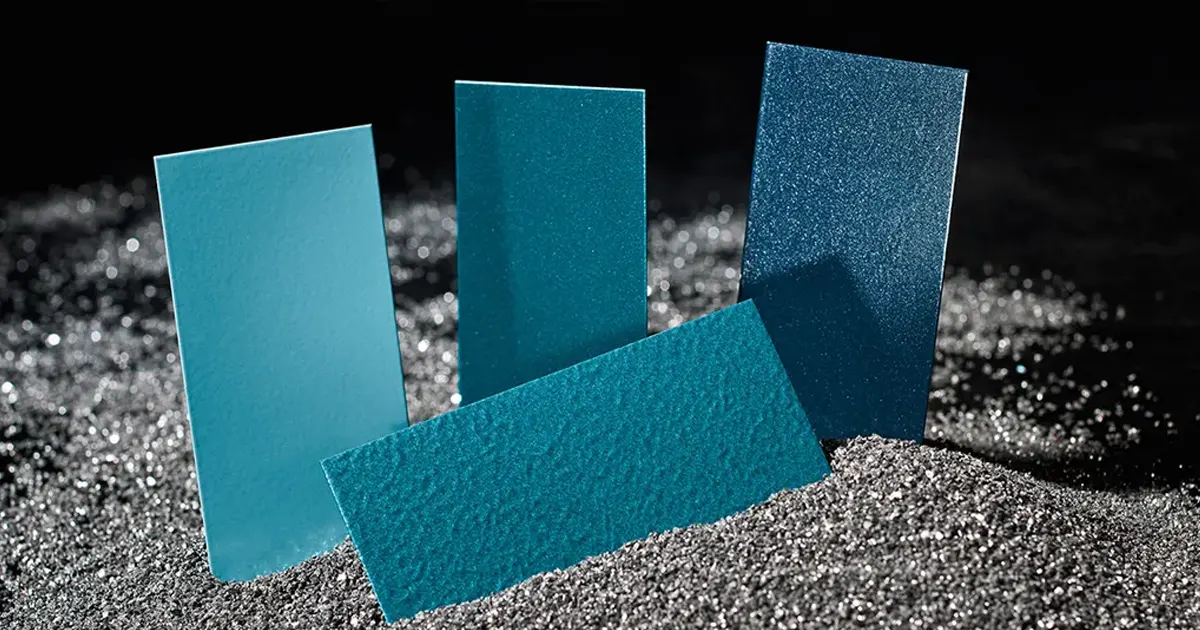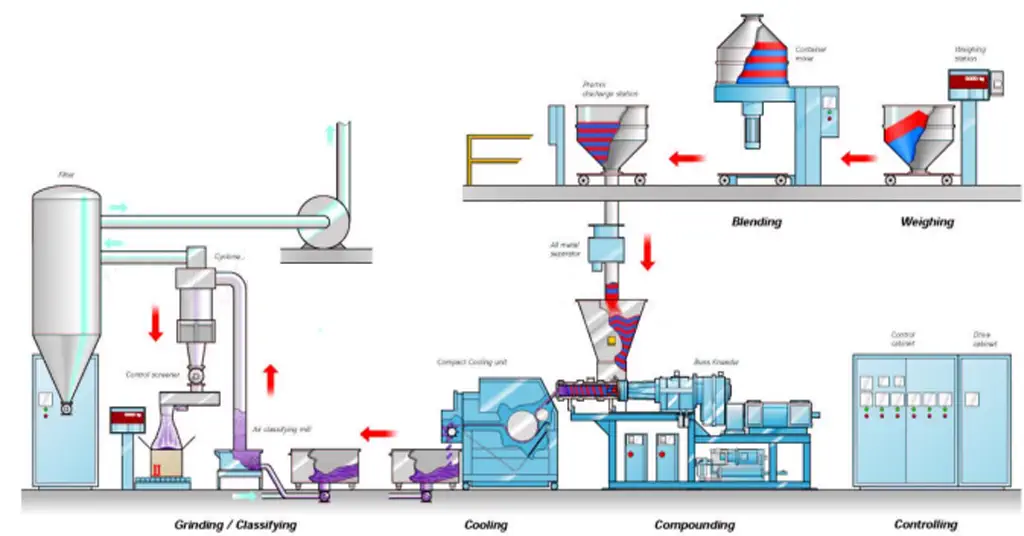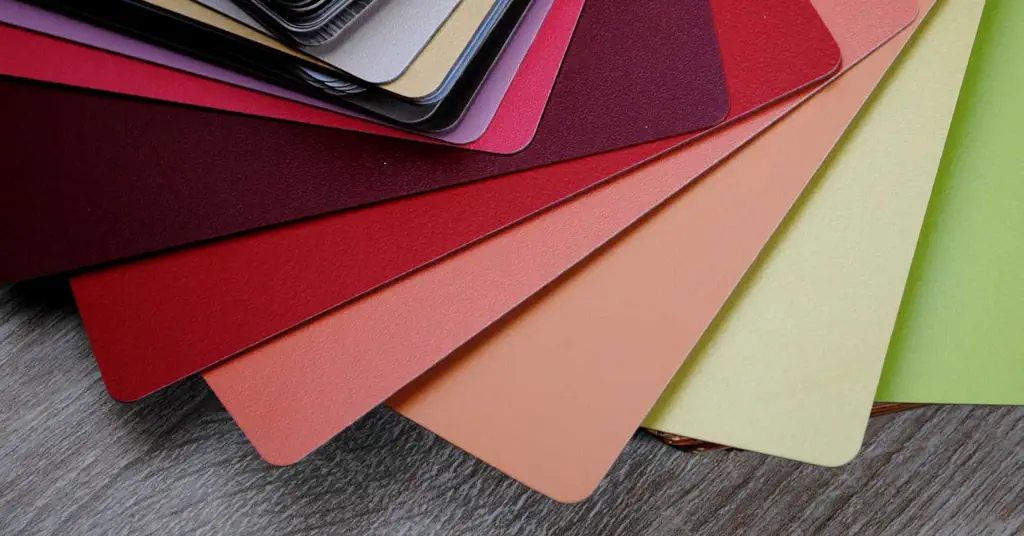How To Enhancing Metal Corrosion Resistance Through Powder Coating
Metal materials are prone to corrosion and rust when exposed to various environmental factors such as moisture, acidity, alkalinity, and salty conditions. To combat this, the use of powder coatings, particularly those based on epoxy polyester, has gained prominence for their exceptional corrosion resistance. This article explores the mechanisms behind powder coatings’ effectiveness in preventing metal corrosion and provides insights into methods for further improving their anti-corrosion performance..
Table of Contents
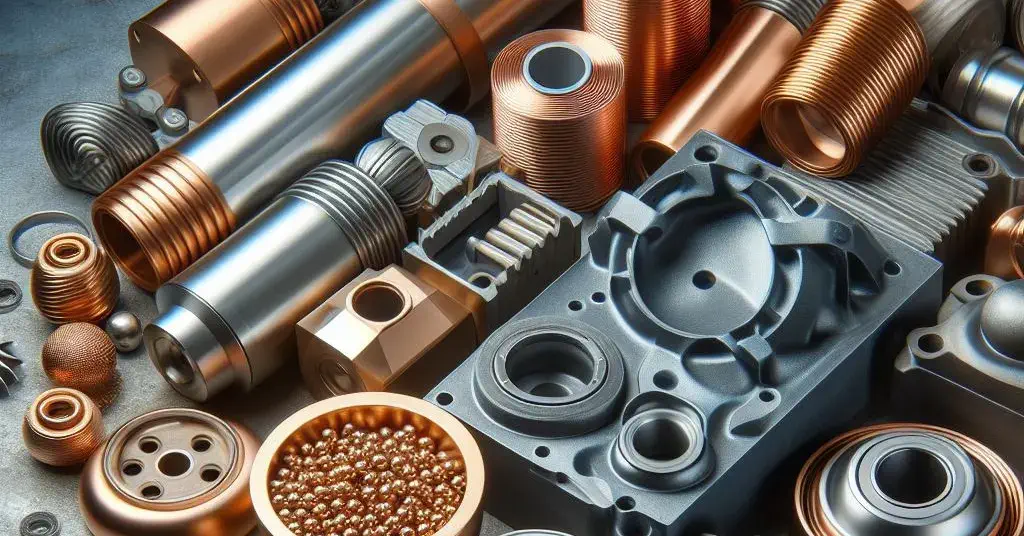
Why Powder Coating is Corrosion Resistant
Powder coatings exhibit outstanding resistance to oxidation and acid-base corrosion, attributed to a combination of factors including film-forming substances, color fillers, additives, and construction techniques.
1. Film-Forming Substances
Polymer resins like polyester, polyurethane, and epoxy form a dense network structure upon curing. This structure effectively shields the metal substrate from corrosive elements, preventing contact with moisture, oxygen, and other corrosive media.
2. Role of Color Fillers
Addition of color fillers such as zinc oxide and titanium dioxide shields the metal substrate from direct contact with corrosive media, enhancing the anti-corrosion effect.
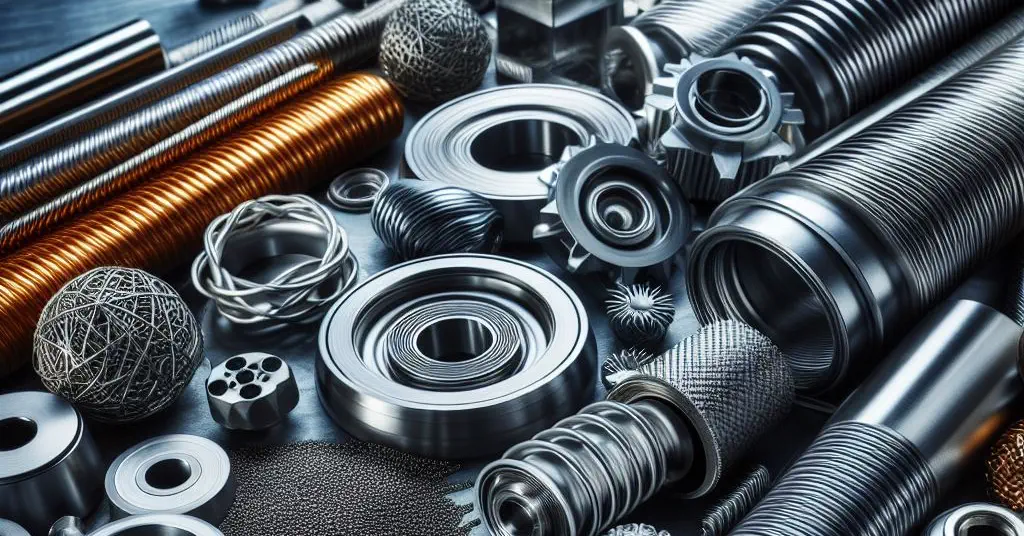
3. Synergy of Additives
Various additives, including leveling agents, defoaming agents, and preservatives, contribute to the overall anti-corrosion properties of powder coatings, tailored to specific application needs.
4. Powder Coating Integrity
Cured powder coatings firmly adhere to metal surfaces, forming a robust protective layer. This ensures that the metal remains shielded from air and moisture, enhancing its anti-rust and anti-corrosion effects.
5. Construction Technology
The electrostatic spray gun ensures firm adsorption of powder coating particles onto metal surfaces. The subsequent high-temperature baking process results in a uniformly thick and dense coating, covering all corners and turns evenly.
Methods for Improving Anti-Corrosion Performance
In specialized areas with demanding corrosion resistance requirements, modifications to powder coating formulations, construction quality, and the adoption of new technologies are essential.
1. Formula Enhancement
Adjusting resin types and content ratios, along with incorporating anti-corrosion additives, improves the overall anti-corrosion effectiveness of powder coatings. Caution is advised regarding the balance between pigments/fillers and coating toughness.
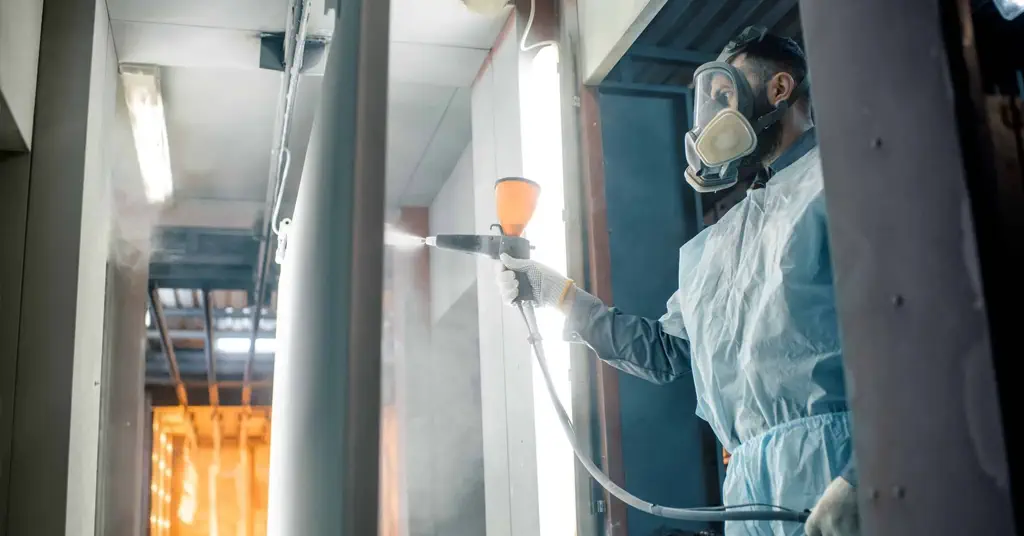
2. Quality Construction
Strict adherence to construction specifications, consultation with manufacturers, and appropriate equipment and personnel training ensure the formation of a uniform and dense protective layer on metal surfaces, enhancing their anti-rust properties.
3. New Coating Technologies
Utilizing two-component powder coatings and ultra-thin coating technologies, especially in heavy anti-corrosion environments like marine construction, can significantly boost corrosion resistance while minimizing costs.
Maintenance Tips for Powder Coated Metal Surfaces
- Regular Cleaning: Frequent cleaning of powder-coated surfaces is crucial to remove dirt and contaminants, preserving the protective coating and extending the metal's lifespan.
- Avoid Abrasive Cleaners: Use mild, water-based cleaners to avoid damaging the powder coating. Refrain from using abrasive or acidic cleaners and sharp tools during cleaning.
- Regular Inspection: Periodic inspections help identify any damage or wear on the protective layer. Promptly repairing or replacing damaged powder coatings ensures sustained anti-corrosion effectiveness.

Erik
Doctor of Chemical Engineering, expert in the field of powder coatings, with over 20 years of professional experience in the research and application of powder coatings
Have Anything To Ask Us?
